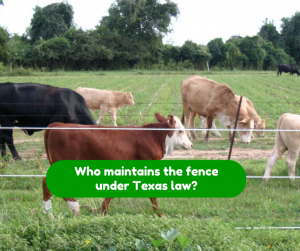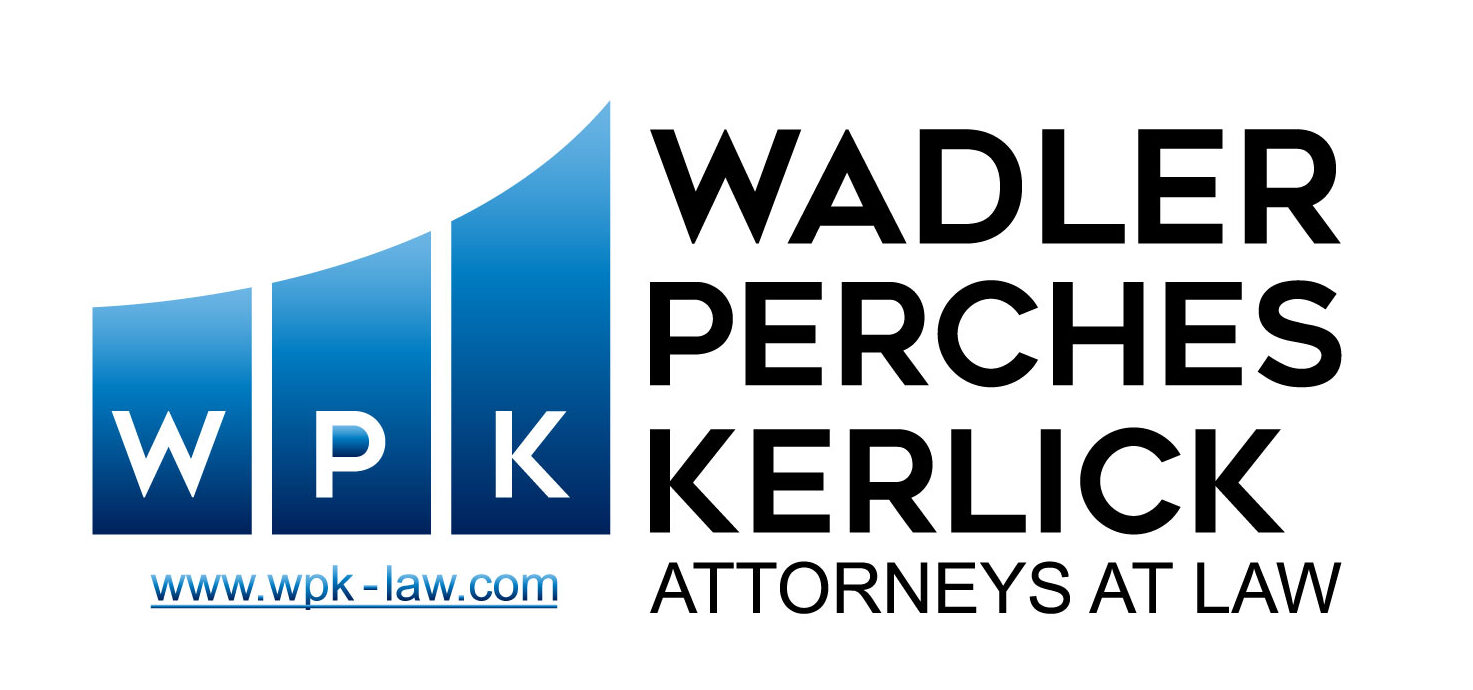How Property Fence Laws Might Affect Landowners in Texas?
What are your responsibilities to fence your property? Do property fence laws in Texas require you to share in the cost of a fence or the cost of maintaining a fence?
Question: I live on a one-acre lot outside of town. There is a fence between my land and my neighbor’s one-acre lot. The fence is in fair condition and my neighbor insists that we must tear the fence down, construct a new fence and share the costs because a fence must “mark the property line” between our two lots. The cost to build a new fence will be expensive and I would rather not pay. Do I have to pay for part of the fence?
Answer: First, is the fence on your land or your neighbor’s land? If the fence is on your land, the fence belongs to you and you can do with the fence as you wish. However, the cost of reconstructing “your” fence would actually be wholly your expense. If the fence is on your neighbor’s land, then the fence belongs to your neighbor and you would not be responsible for any of the costs to reconstruct the fence.
Generally, there is no requirement to “mark” a property line with a fence. There are several exceptions. A property owner may be required to fence his or her property by the terms of deed restrictions in housing developments or owner’s deed with restrictive covenants. For example, the owner of a roadway easement may be contractually bound to keep and maintain a fence to restrict animals from wandering onto the roadway.
Typically, there is no duty or requirement for a landowner or occupier of a tract of land to create and maintain a fence. However, there are often local ordinances or laws (stock laws) that require animal owners to erect and maintain fences to prevent livestock from straying off the owners’ premises.
Stock laws vary from county to county. Failure to restrain an animal in violation of a local stock law may result in the animal owner’s being liable for harm caused if the animal trespasses on a neighbor’s property or otherwise causes harm.
Finally, be aware that there are other fencing laws or ordinances to take into consideration. Many municipal or county ordinances require that property containing an uncovered swimming pool must be fenced for the safety of those entering the property.







